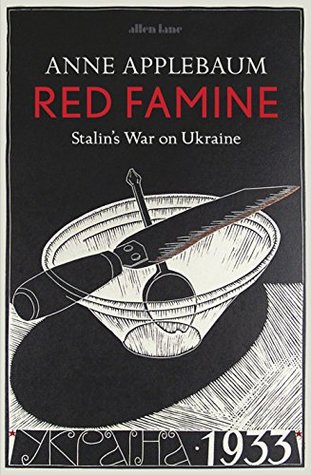‘I must not die, and when I grow up I must tell people how we and our Ukraine died in torment.’3 Elida Zolotoverkha, the daughter of the diarist Oleksandra Radchenko, also told her children, her grandchildren and then her great-grandchildren to read it and to remember ‘the horror that Ukraine had passed through’.4 Those words, repeated by so many people in private, left their mark. The official silence gave them almost a secret power. From 1933 onwards such stories became an alternative narrative, an emotionally powerful ‘true history’ of the famine, an oral tradition that grew and developed
...more
Welcome back. Just a moment while we sign you in to your Goodreads account.


